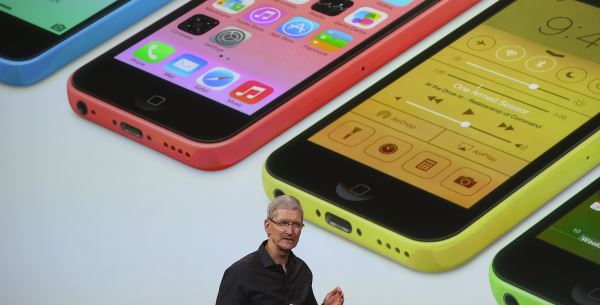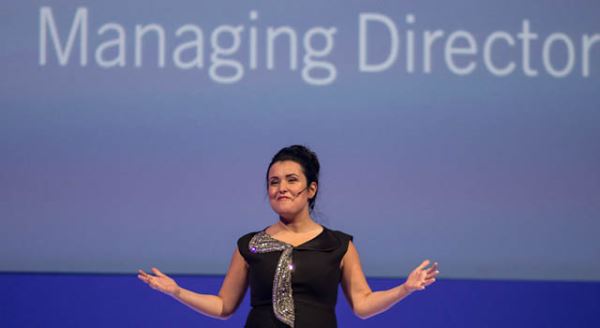#5: An insider’s view to the downfall of BlackBerry
We’ve been working on a recap of the biggest stories in mobile and tech from last year. With our good friend Scottie Ladeaux we’re going to bring you a new post looking back on our picks from 2013 every Thursday.
We’re already down to the top five stories and this video is about some astonishing revelations from BlackBerry employees made in 2013.
We scrutinise these reports to reveal how strategic confusion, bad executive decisions and acquisitions as well as internal delays led the company to suffer a huge dip in market share as well as massive redundancies last year.
2013 was BlackBerry’s annus horribilis and it started with a major blow as it was reported that they had failed the security requirements of the government’ Communications-Electronics Security Group. While it later turned out that the Restricted classification was merely delayed rather than denied and that BB10 had FIPS 140-2 cryptography certification from the US government, the reports were symptomatic of larger issues within the company. Later in 2013, BlackBerry insiders made the shocking claim that huge mistakes had been made at the upper echelons of management.
BlackBerry pretty much invented the smartphone market itself and in 2009, RIM (as BlackBerry was known back then) was claimed to be the world’s fastest-growing company. But £50 billion of the company’s market value has vanished in the last few years.
last year, sources claimed that after the iPhone first came out BlackBerry was in an era of strategic confusion. Inside the company, founder and ex-CEO Mike Lazaridis thought that by focusing on being the only smartphones available with a physical keyboard as opposed to touchscreens, they would carve out a strong and enduring niche for themselves.
But then they acquired the Unix-like QNX operating system in 2010 and BlackBerry staff claimed that QNX brought their own hubris and infected the product development team with and incompetent engineers. As a result the ill-fated PlayBook project failed and even caused delays to the release of BB10.
As sales dwindled, they got more and more desperate and, in what was a significant turning point, the new CEO, Thorsten Heins, decided to continue to emphasise touchscreen devices. This turned out to be a terrible mistake as is evident from the underwhelming response to the flagship Z10.
last year, from within BlackBerry, we got the shocking revelation that co-CEO Jim Balsillie had been arguing for a significant change in direction for man y years. His master plan was to capitalise on the popularity of their BBM messaging system.
His plan was to morph BlackBerry into a services provider and for them to dominate a different vertical in the mobile ecosystem. Eventually, BBM could potentially become a de-facto standard and replace SMS giving them access to an enormous source of new revenue from fees charged for each message sent.
However, it wasn’t to be. After Thorsten Heins took over as CEO, he killed Balsillie’s dream for BBM. Balsillie quit the board and cut all ties to BlackBerry in protest and soon, while Blackberry delayed, rival messaging services such as Kik Messenger and WhatsApp had cornered the market. Even though they eventually released a version of BBM for Android and iOS, the damage was already done.
BlackBerry’s market share has plummeted from over 50% three years ago to less than 5% today. In October, due to poor sales on the Z10, BlackBerry announced that, in addition to 5,000 redundancies in 2012, they would need to further cull their staff by sacking 4,500 more – that’s estimated to be half their remaining employees.
What’s your take? Should BlackBerry have tried to roll-out BBM to other platforms much sooner? Were they wrong to embrace touchscreens and was using QNX as the basis for the BlackBerry 10 operating system a major mistake? Let us know.





Recent Comments